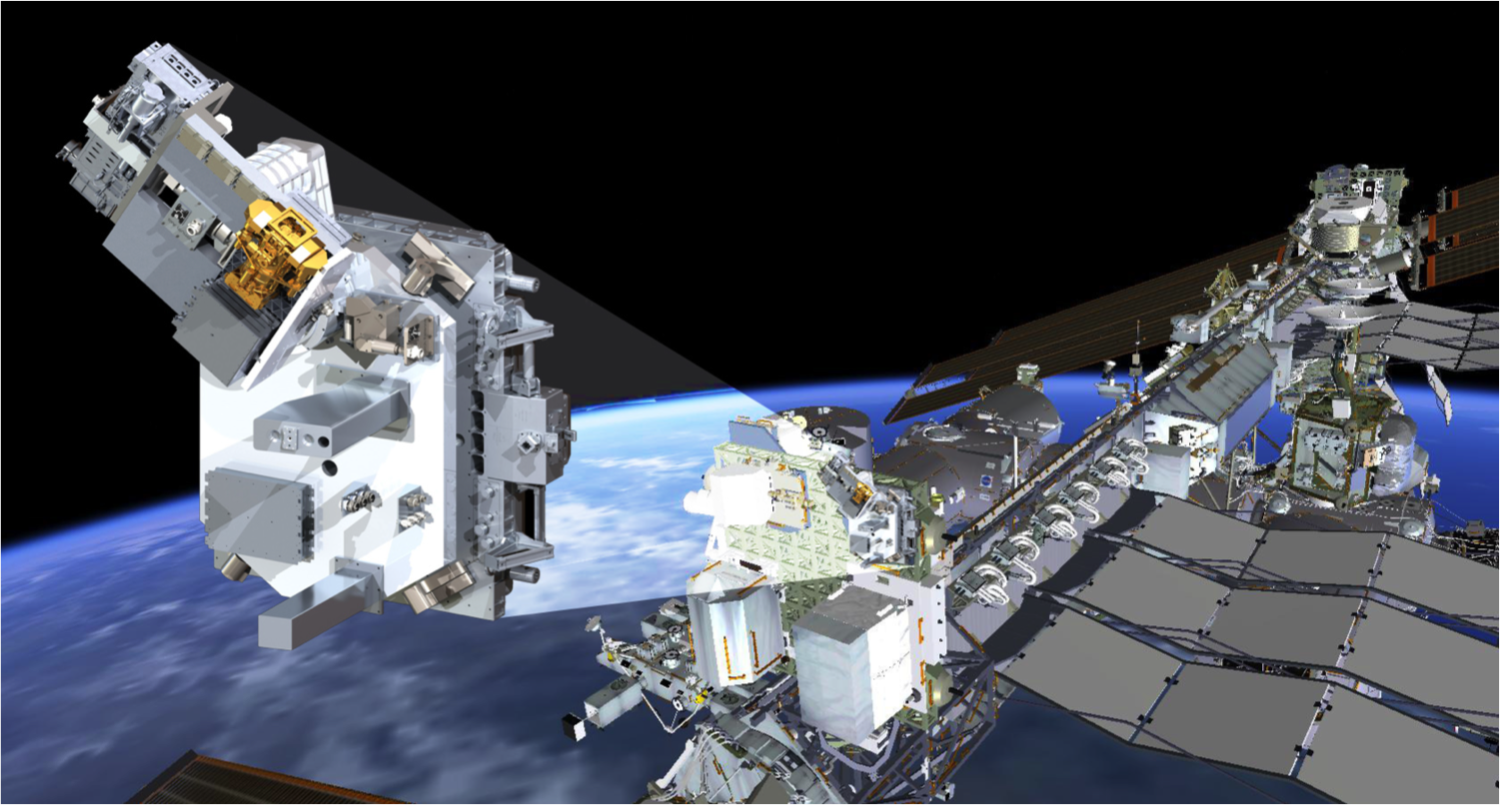CU Boulder sets new record in research awards
CU Boulder researchers were awarded $507.9 million in research grants in the 2016–17 fiscal year, setting a record in sponsored research funding for the campus.
The preliminary total of $507.9 million in awards represents a 16 percent increase in funding over the previous year and marks the highest yearly funding total in campus history. Final funding totals will be available later this fall.
Terri Fiez, vice chancellor for research and innovation, said surpassing $500 million in research funding for the campus reflects a growing focus on innovation and collaboration across the university.
"As we improve our ability to work across disciplines, with off-campus partners in government and industry, and with an eye on innovative, entrepreneurial approaches, I anticipate our impact to grow even more," Fiez said. "I couldn’t be prouder of our researchers, faculty and staff for reaching this milestone and further cementing our reputation as one of the top research universities in the country."
Seventy percent—or $355.5 million—of the sponsored research dollars on the Boulder campus is from federal agencies; 17 percent is from international organizations and non-profits; 7 percent is from other universities; 5 percent comes from industry partners; and 1 percent comes from the state. The top three federal funding agencies supporting research at CU Boulder are the Department of Commerce, the National Science Foundation and NASA.
In total, the CU system broke a record this year with faculty from all four campuses being awarded $1.034 billion in federal, state and local awards, based on preliminary figures.
This marks the first time the four-campus system has topped $1 billion in annual sponsored research funding, which climbed 12 percent over the previous year’s total. All four CU campuses saw overall research award increases this year.
Examples of sponsored research projects at CU Boulder by funder include:
- Advanced Research Projects Agency-Energy (ARPA-E) A team of CU Boulder engineers has developed a scalable manufactured metamaterial—an engineered material with extraordinary properties not found in nature—to act as a kind of air conditioning system for structures. It has the ability to cool objects even under direct sunlight with zero energy and water consumption. Read more about the new cooling material.
- Bill & Melinda Gates Foundation CU Boulder has received a $1.1 million grant from the Bill & Melinda Gates Foundation to develop next-generation vaccines that require no refrigeration and defend against infectious diseases with just one shot. This could radically transform the difficult task of dispensing life-saving immunizations in developing countries. Read more about next-generation vaccines.
- Centers for Disease Control and Prevention The Center for the Study and Prevention of Violence at CU Boulder has received a five-year $5.9 million grant from the Centers for Disease Control and Prevention to expand its youth violence prevention work in two Denver neighborhoods. Read about the youth violence prevention initiative.
- NASA A solar instrument package designed and built by CU Boulder and considered a key tool to help monitor the planet’s climate has arrived at NASA’s Kennedy Space Center in Florida for a targeted November launch. The instrument suite is called the Total and Spectral Solar Irradiance Sensor (TSIS-1) and was designed and built by CU Boulder's Laboratory for Atmospheric and Space Physics (LASP) for NASA’s Goddard Space Flight Center in Greenbelt, Maryland. The contract value to LASP is $90 million. Read about the solar instruments.
- National Science Foundation The Science and Technology Center on Real-Time Functional Imaging, known as STROBE, will be headquartered at CU Boulder and integrate several areas of imaging science and technology, including photon and electron-based imaging, advanced algorithms, big data analysis and adaptive imaging. Read more about imaging science at CU.
- United States Air Force (USAF) Surgeon General Office to the National Strategic Research Institute (NSRI) A new technology now under development by researchers at the University of Nebraska and CU Boulder could result in the creation of a so-called “third lung” for severely injured patients that could keep them alive until arrival at a hospital. Read more about the microbubble technology.



